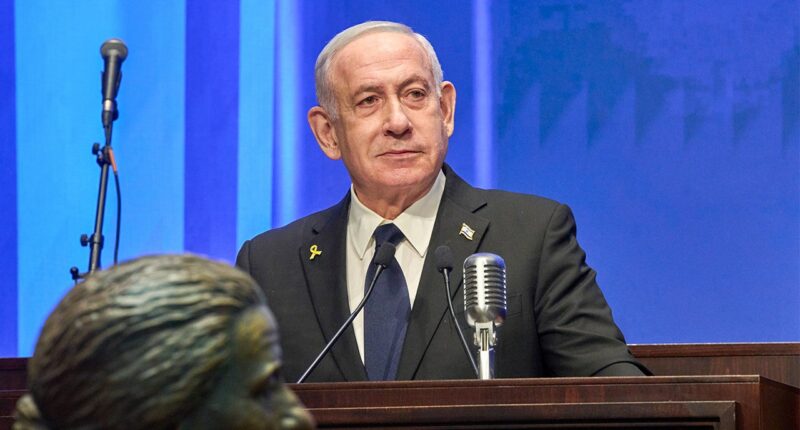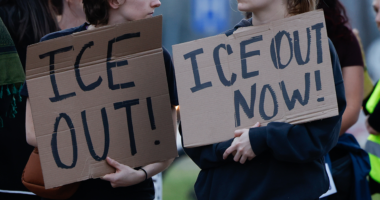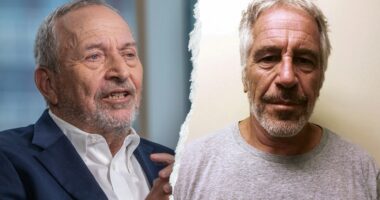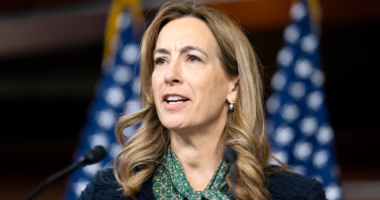Share this @internewscast.com
Israeli Prime Minister Benjamin Netanyahu fully trusts President Donald Trump’s dedication to ensuring that the parties involved adhere to the Gaza peace agreement, as stated by Caroline Glick, the prime minister’s advisor on international affairs, to Fox News Digital.
“We deeply trust in President Trump — in his earnestness, his backing of Israel, and his leadership — and we are certain of his dedication to keeping all parties responsible to the deal, alongside Prime Minister Netanyahu,” Glick expressed.
She highlighted that Trump’s strategy, if put into action, would provide Israel with the tools needed to dismantle Hamas and stop Gaza from once more posing a threat to the Jewish state. She referred to Phase Two of the plan, which requires Hamas to be demobilized and demilitarized, followed by initiatives to deradicalize the residents of Gaza.
He added that Hamas’ ability to smuggle weapons through the Egyptian border has been significantly curtailed.
Trump’s 20-point plan specifies two more withdrawal phases, leaving the IDF eventually in charge of a security buffer zone.
Brig. Gen. (res.) Yossi Kuperwasser, head of the Jerusalem Institute for Strategy and Security, mentioned that keeping control of the Philadelphi Corridor will make rearming difficult — though not impossible — as humanitarian aid is delivered to Gaza.
“We have to be very strict in checking every shipment of humanitarian aid to ensure it isn’t used to smuggle weapons,” he said.
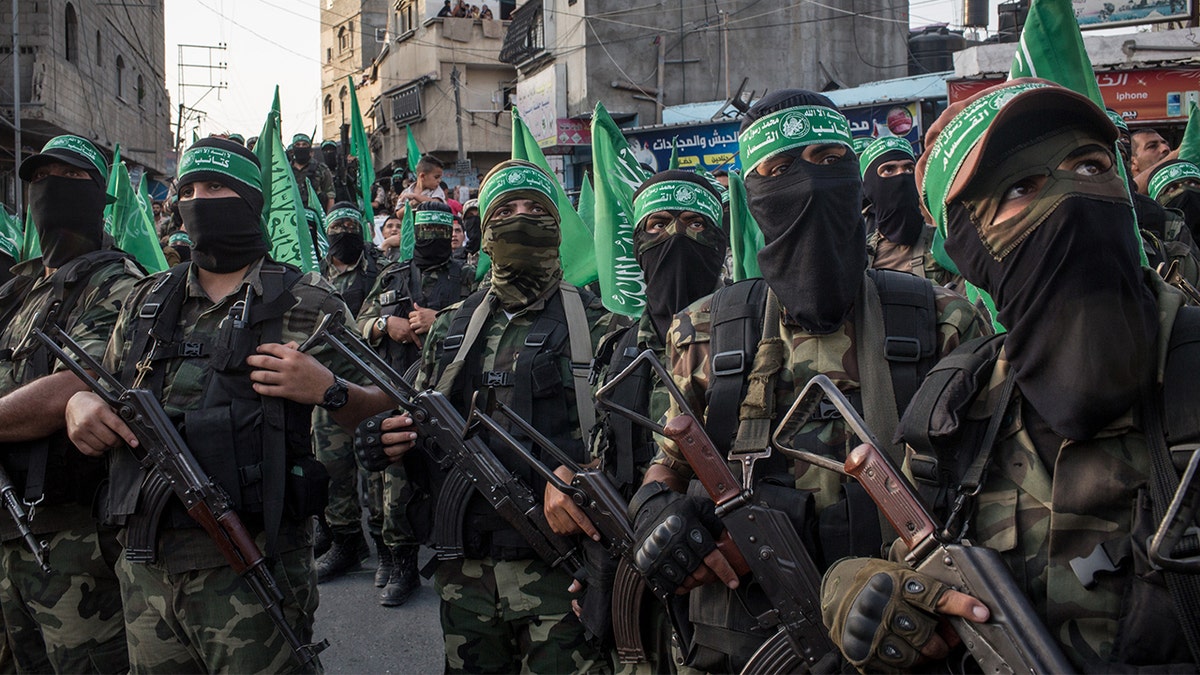
Hamas terrorists marching in Gaza during a parade. (Getty Images)
Point Seven of the agreement demands the immediate provision of full humanitarian aid to the Gaza Strip. At the very least, the aid volumes will match those outlined in the Jan. 19, 2025, agreement on humanitarian assistance, including the refurbishment of infrastructure like water, electricity, and sewage systems, hospital and bakery repairs, and the entry of equipment necessary to clear debris and reopen roads.
Kuperwasser indicated that the IDF’s repositioning enables the military to protect Israel without managing Gaza’s civilian populace. “We don’t want to be involved in that,” he noted. “We will allow Hamas to manage it temporarily — until they are taken out of power.”
Under the deal, Hamas has until Monday to return all remaining 48 hostages — living and deceased — to Israel for rehabilitation and burial. In exchange, Israel will free 250 Palestinian security prisoners, including convicted killers, and 1,722 Gazans detained during the war who were not involved in Hamas’ Oct. 7 massacre.
Kuperwasser warned that some of the Palestinians to be freed include “arch-terrorists” who have not renounced violence. “We have reason to worry that they are going to promote these activities — some of them are very dangerous people,” he said. “We managed to avoid releasing the ‘crème de la crème,’ but we are still releasing very dangerous and highly capable terrorists. This is the very high price we understand we need to pay,” he added.

A poster created by the Hostages and Missing Families Forum shows 48 hostages, including 20 believed to be alive and 28 presumed dead, who are expected to be released as part of President Donald Trump’s Gaza peace plan, displayed in Tel Aviv, Israel, on Oct. 11, 2025. (The Hostages and Missing Families Forum)
Ret. Maj. Gen. Yaakov Amidror, former national security advisor to the Israeli prime minister and a fellow at the JINSA Strategic Center in Washington, D.C., described the post-ceasefire landscape as “very complicated.” He told Fox News Digital the agreement’s language is vague on key questions — who will disarm Hamas, who will monitor it, where weapons will be secured and whether Israel will have the means to verify compliance.
“All these questions don’t have answers in the paper which was signed,” Amidror said.
He urged a major diplomatic effort after the first stage to clarify responsibilities and bridge gaps in the plan, stressing that disarming Hamas and ending its control over civilian life in Gaza remain primary Israeli objectives.
